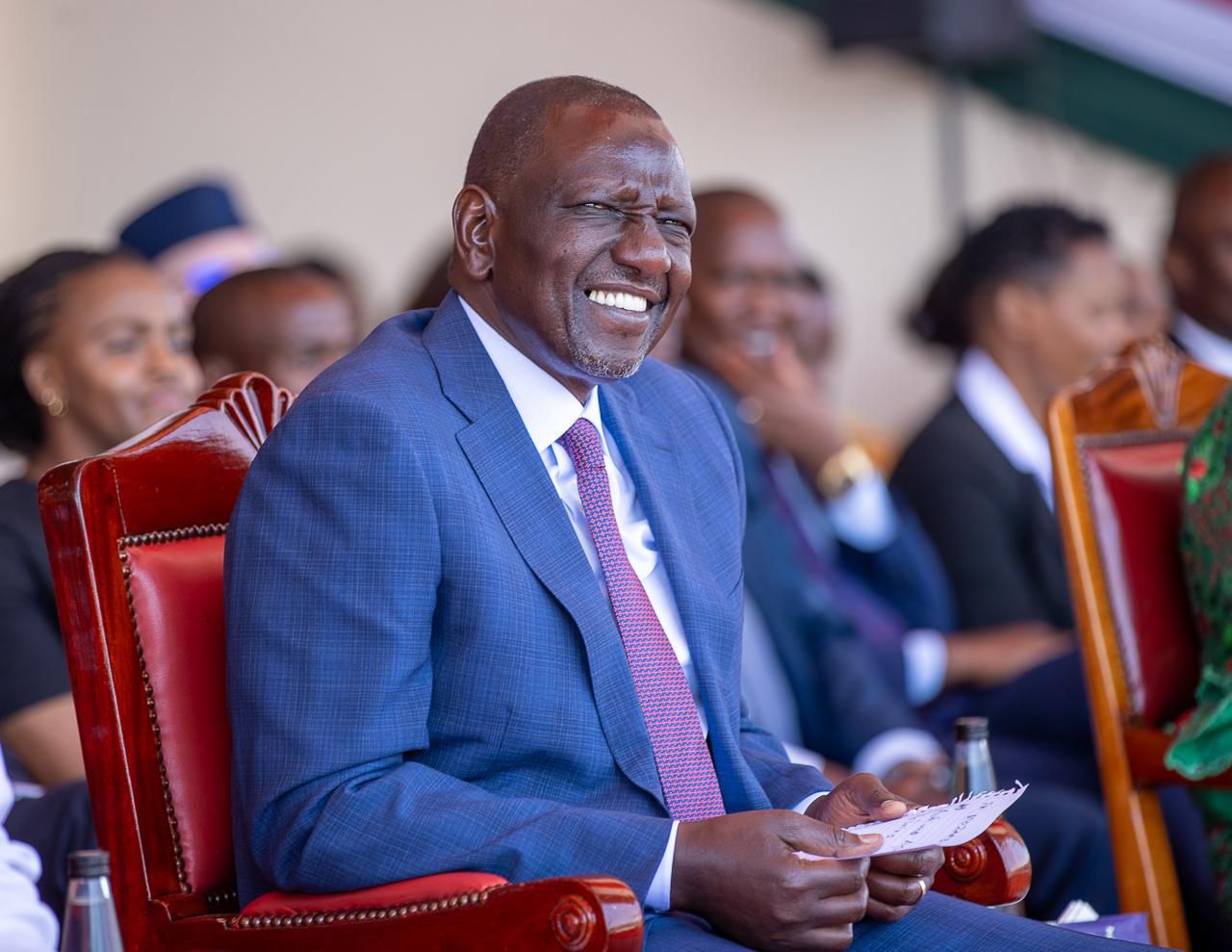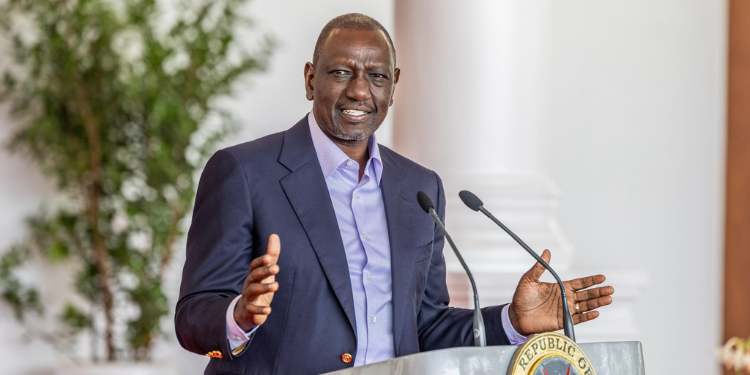President William Ruto announced the formation of the Panel of Experts on Compensation of Victims of Demonstrations, Public Protests and Riots.
On paper, the panel was to recognize and compensate protest victims since 2017, to verify, categorize, repair, and maybe even propose reforms. By 25 August, it was gazetted.
Some of the appointees were Faith Odhiambo, the President of the Law Society of Kenya (LSK). Alongside her, Irungu Houghton, Executive Director of Amnesty International Kenya.
Two of the fiercest critics of state repression were suddenly expected to sit in a body that promises cheques but not justice.
Irungu accepted almost immediately, insisting no conflict with his Amnesty role. Faith hesitated, sparking speculation.
For weeks, Kenyans wondered: would she reject the offer, as she had done before? Or accept and cross a line?
When she finally announced on 15 August that she would take up the role, though with caveats that she’d resign if her independence was compromised, it was framed as pragmatism.
But politically, it was a masterstroke for Ruto. Co-opt your loudest critics, give them titles and allowances, and civil society looks less like a watchdog and more like a hired gun.
The Constitutional Contradiction
At the heart of this lies a paradox. Article 37 of the Constitution guarantees the right to protest. Those injured or killed while exercising this right are not “victims” of unfortunate events; they are citizens whose rights were violated by the state.
And the Constitution is clear. Article 27 guarantees equality and freedom from discrimination. Article 28 affirms dignity. Article 29 prohibits torture, cruel and degrading treatment. Article 37 protects assembly, demonstration, picketing, and petition while Article 48 guarantees access to justice.
Also Read: Babu Owino Responds to Viral Photo of Him Drinking Alcohol With Ruto’s Son
When police fired live rounds into unarmed crowds in Nairobi, Kisumu, Nakuru, Eldoret, Mombasa between July 2024 and February 2025, when protest organizers were abducted in unmarked cars, and when dozens were buried quietly with no accountability, those were not “incidents.” They were constitutional violations of the highest order.
Compensation without accountability is a legal and moral oxymoron. It erases dignity, undermines deterrence, and normalizes violence as a budgeted cost of governance.
Comparative Lessons
Kenya is not alone in this struggle.
In Nigeria’s EndSARS protests (2020–2021), a judicial panel recommended payouts for victims but failed to secure prosecutions for officers who ordered the Lekki Toll Gate shootings. Victims got cheques; perpetrators walked free. Police killings continue.
By contrast, South Africa’s Truth and Reconciliation Commission (1996–2003)- imperfect as it was- tied reparations to accountability. Truth-telling, public hearings, and guarantees of non-repetition meant that reparations were more than blood money.
Kenya today faces the same choice: Nigeria’s path of payouts without justice, or South Africa’s imperfect but justice-rooted path.
Civil Society in the Dock
This is why Faith’s and Irungu’s appointments provoked outrage. Amnesty under Irungu had documented extrajudicial executions for years.
The LSK under Faith had sued the state repeatedly over police killings during the Gen Z protests.
Their joining the panel risks signaling capitulation. Yet distinction is necessary. They are not just individuals “selling out.”
They are also caught in a structural strategy of co-optation, where the state neutralizes critics by pulling them into its orbit. This is how authoritarian systems blunt dissent.
It’s also why smaller grassroots groups like Mathare Social Justice Centre, Missing Voices, and Haki Africa remain crucial.
Without state allowances or titles, they continue to document killings, support families, and demand prosecutions. They remind us that resistance to impunity still lives, even if mainstream voices falter.
The Human Cost
Lost in all this political drama are the lives destroyed.
In July 2024, a 19-year-old university student from Kisumu, Brian Ochieng, was shot dead while livestreaming a protest. His mother still doesn’t know who fired the fatal bullet.
In September 2024, in Mathare, Nairobi, three young men were abducted by plainclothes officers. Their bodies were dumped two days later.
In January 2025, in Eldoret, a schoolteacher, Mary Wanjiru, was beaten into a coma. She has since lost the use of her legs.
At the height of Gen Z revolt in 2024, widows were left behind after their husbands were gunned down on the streets. Fathers buried sons in hurried funerals. Survivors who now live with disabilities, limbs lost, spines shattered, scars both physical and psychological.
For families like these, what matters is not KSh 100,000,000 cheques or token recognition. They want prosecutions, convictions, and guarantees of non-repetition.
Compensation without accountability erases dignity. It treats state violence like an accident claim. You lose a leg, here is a cheque; your son is killed, here is a stipend; your father disappeared, here is “something small.” That is not justice. That is blood money.
Also Read: Nepal Prime Minister K.P. Sharma Oli Resigns After Gen Z Protests
Reducing a dead son to a line item in a budget undermines deterrence – police officers learn they can kill and the Treasury will mop it up, and it normalizes violence.
Turning police brutality into a cost of governance is no different from road repairs.
A Blank Cheque for Future Killings
This commission, dressed up as compassion, is a political trap.
It launders state crimes under the guise of benevolence. It signals that Kenya is willing to budget for killings but not to prosecute killers.
If it stands, it hands every future government a blank cheque for brutality. Protestors’ blood will be tallied in ledgers, lives priced in Treasury allocations.
The Gen Z protests of 2024 – 2025 were not just about the cost of living. They were about dignity, rights, and justice. Young Kenyans rose to demand accountability. Many paid with their lives.
To honor them, we must demand justice first. Independent investigations. Prosecutions. Structural reforms. Only then compensation. But how?
One, establish an independent special prosecutor’s office with a narrow mandate to investigate and try protest-related killings and abductions, insulated from executive interference.
Second, grant the Independent Policing Oversight Authority (IPOA) binding prosecutorial powers, in addition to its investigative powers. IPOA must be able to charge rogue officers directly.
Three, establish a standing committee to address protest-related violence, including summoning police commanders, scrutinizing reports, and enforcing transparency.
Lastly, compensation must come after truth and accountability, not instead of them.
Reparations tied to justice can restore dignity. Cheques without trials only cheapen lives. Compensation without justice is not closure; it is a blank cheque for state killings yet to come.
Follow our WhatsApp Channel and X Account for real-time news updates
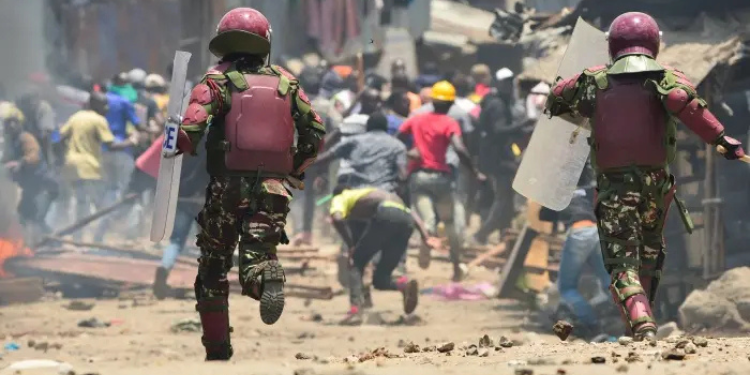

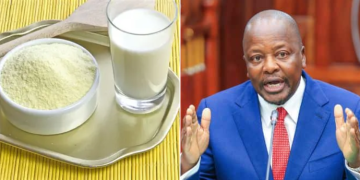
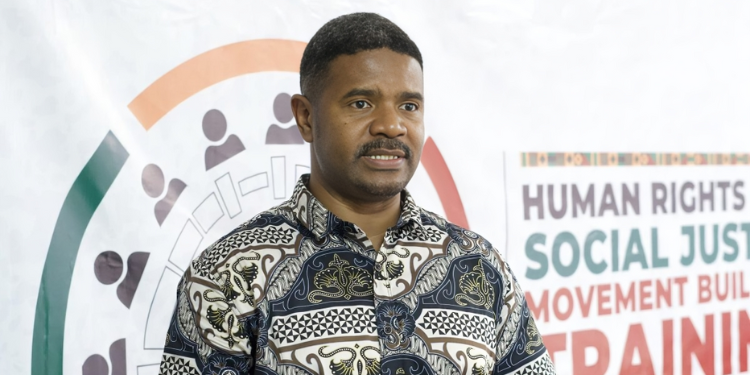
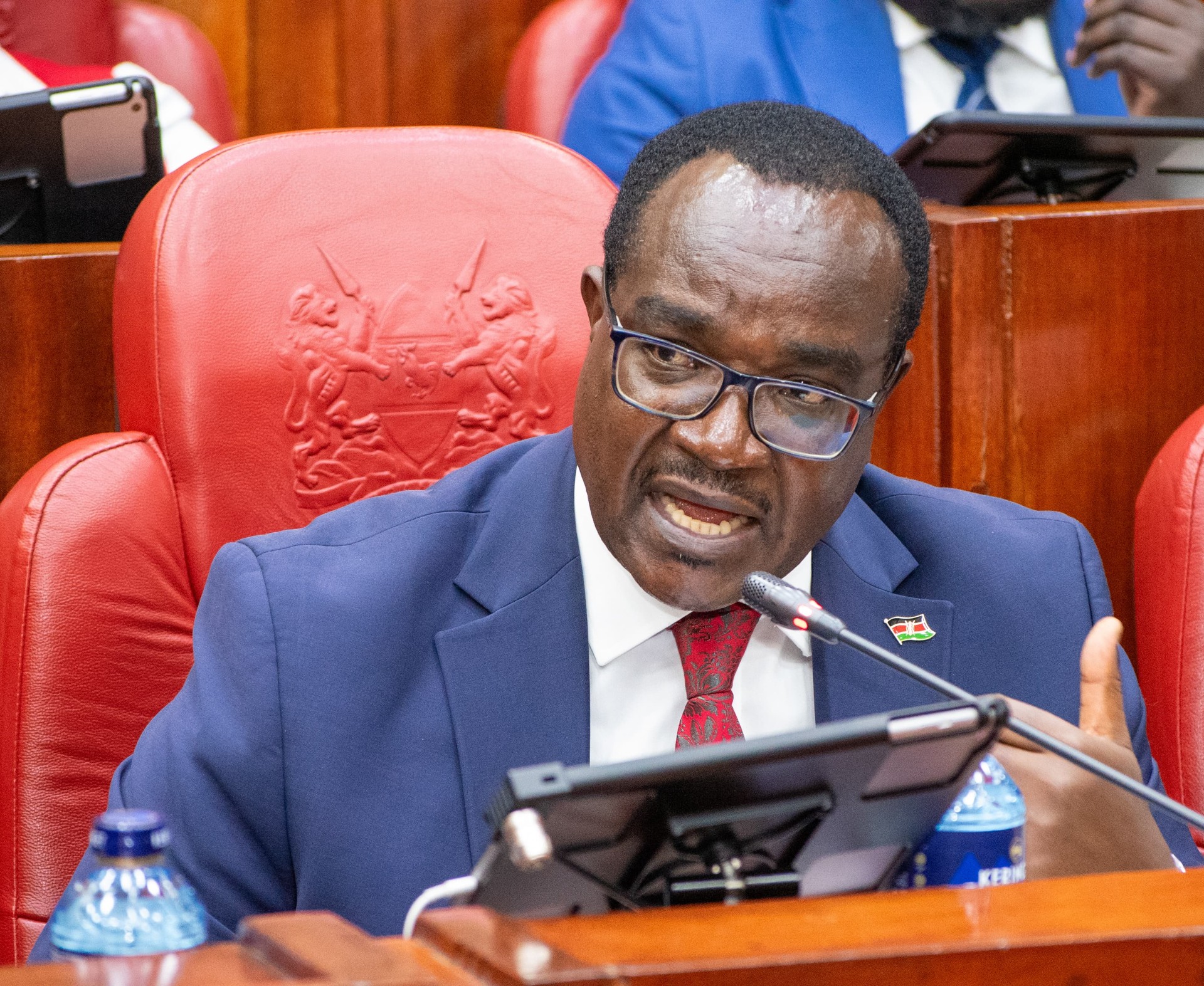

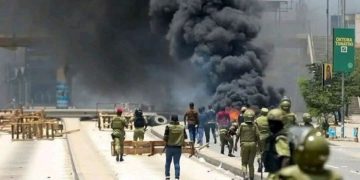
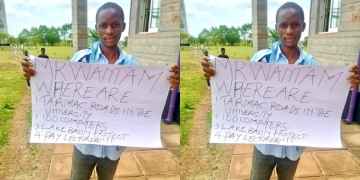

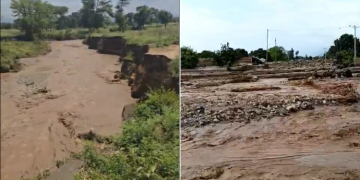
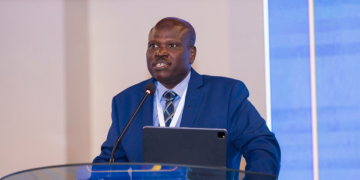






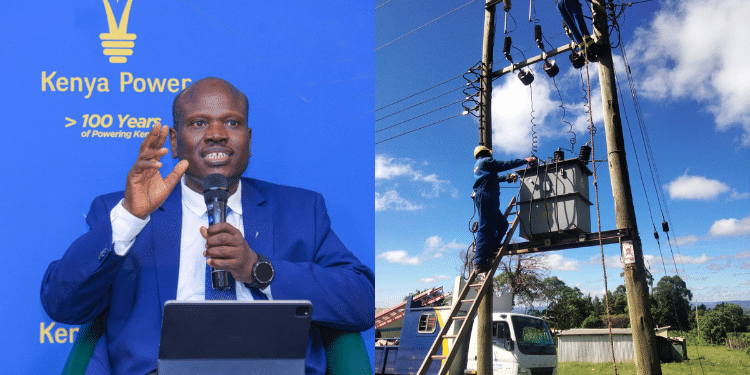
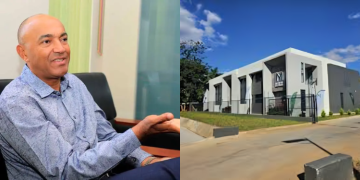



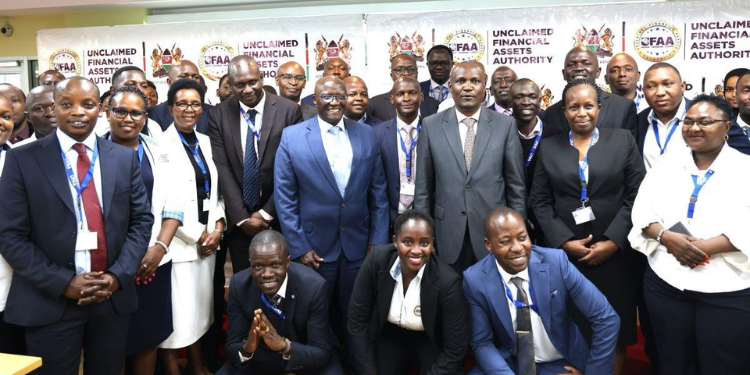
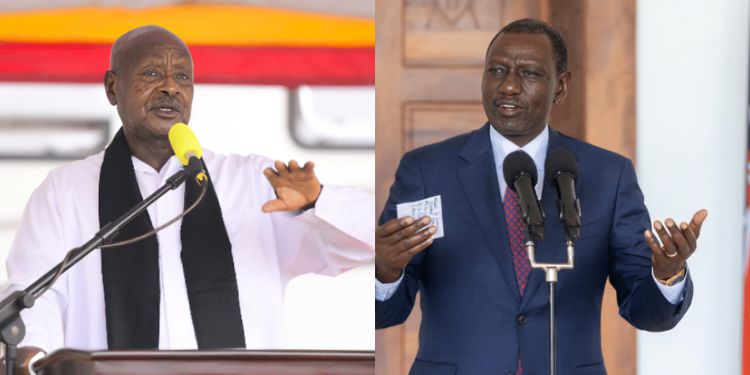

























![Senator Allan Chesang And Chanelle Kittony Wed In A Colourful Ceremony [Photos] Trans Nzoia Senator Allan Chesang With Channelle Kittony/Oscar Sudi]( https://thekenyatimescdn-ese7d3e7ghdnbfa9.z01.azurefd.net/prodimages/uploads/2025/11/Trans-Nzoia-Senator-Allan-Chesang-with-Channelle-KittonyOscar-Sudi-360x180.png)


















